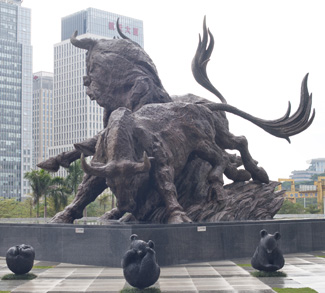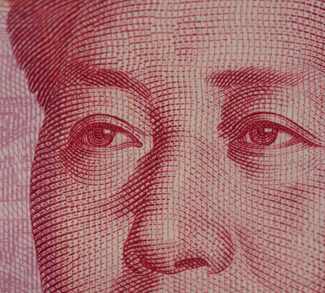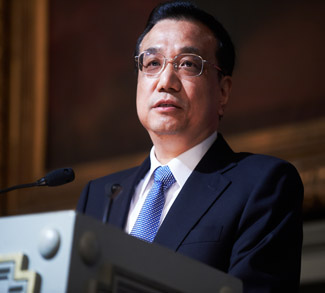From start to finish, the saga unfolding in Chinese equity markets has been divorced from economic reality. The Shanghai Composite’s take-off in early 2015 came as omens of a wider slowdown multiplied, and its meteoric decline was more of a reflection of policy impotence than a belated heeding of these omens. China’s retail investors simply got spooked, and their unease deepened with every botched government attempt to stem the bleed.
This will be the enduring legacy of the Chinese crash – the end of the myth of Beijing’s mastery of economic policy. Politics and economics have a symbiotic relationship in China, one that is more subtle yet more serious than that of the West. The Chinese stock bubble fed on this relationship through the widely held belief that Beijing would not let the buying frenzy come to a tragic end, because doing so would hurt the Party’s credentials as the sole overseer of Chinese economic growth.
The same dynamic is at work in Western societies, but in China there is no pressure release valve in the form of elections to turf an underperforming government and replace it with a new one. Party leaders are well aware of this, so they prioritize a stable economy as a way to insulate their own political legitimacy.




